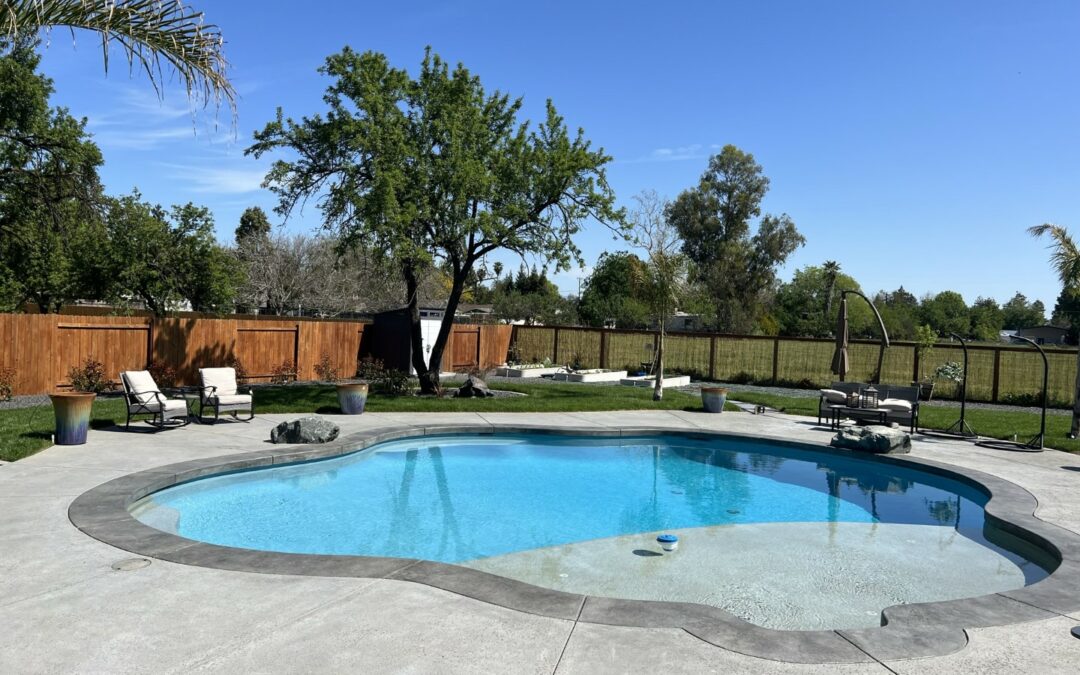Swimming Pool Water Treatment: Exploring the Pros and Cons of Chlorine vs Salt Water Pools
When it comes to maintaining a pristine and inviting swimming pool, choosing the right water treatment system is crucial. Two popular options that often spark debate among pool owners are chlorine and salt water pools. In this blog post, we will delve into the pros and cons of each, allowing you to make an informed decision for your own aquatic oasis.
Chlorine Pools: The Trusted Classic
Chlorine has long been the go-to chemical for pool disinfection, and for good reason. Its powerful sanitizing properties effectively combat bacteria, viruses, algae, and other contaminants that could compromise the health and clarity of your pool water. But chlorine is not without its drawbacks.
Pros:
1. Cost-Effective: Chlorine is readily available and relatively affordable, making it a budget-friendly option for pool owners.
2. Rapid Disinfection: Chlorine works quickly to kill harmful pathogens, ensuring a safe swimming environment.
3. Wide Availability: Due to its popularity, finding chlorine-based products and maintenance services is a breeze.
Cons:
1. Skin and Eye Irritation: Chlorine can cause skin dryness, redness, and eye irritation for some individuals, especially those with sensitive skin.
2. Chemical Odor: The distinct smell of chlorine, which some find off-putting, can be present around the pool area.
3. Maintenance Expertise: Properly balancing chlorine levels requires knowledge and expertise to avoid over or under-dosing, which could affect water quality.
Salt Water Pools: A Softer Approach
Salt water pools have gained significant popularity in recent years as an alternative to traditional chlorine systems. Despite the name, salt water pools do contain chlorine, just in a different form. Here are the advantages and disadvantages of this increasingly preferred option.
Pros:
1. Gentle on the Skin and Eyes: Salt water pools typically cause less skin and eye irritation compared to chlorine pools, making them a more comfortable swimming experience for many people.
2. No Chlorine Odor: The water feels nicer and there is no chlorine odor in a salt water pool
3. Simplified Maintenance: Salt water pools often require less maintenance compared to their chlorine counterparts. The self-regenerating nature of salt water chlorinators can reduce the need for consistently monitoring chlorine levels. However, the salt level needs to be checked periodically and salt might need to be added every so often.
Cons:
1. Higher Upfront Costs: The initial installation of a salt water system can be more expensive compared to traditional chlorine systems. This includes the purchase of a salt water chlorinator and additional equipment.
2. Corrosion Risks: Salt water can have a corrosive effect on certain pool materials, including metal components, leading to potential repair or replacement costs over time.
3. Maintenance Requirements: To maximize the lifespan of the salt cell, it needs maintenance and cleaning on a regular basis. In addition, salt cells generally need to be replaced every 5 years or so. Salt cell replacement cost can offset a good bit of the savings from not having to buy chlorine.
Conclusion
Ultimately, the decision between a chlorine or salt water pool rests on your specific preferences and needs. Chlorine pools offer a tried-and-true method of pool sanitation, while salt water pools provide a gentler swimming experience. Consider your budget, maintenance capabilities, and the comfort of your swimmers to determine the best water treatment system for your swimming pool oasis.
Remember, whether you opt for the classic chlorine or the softer approach of salt water, regular maintenance and monitoring are essential for keeping your swimming pool water safe, clean, and crystal-clear. With the right water treatment system in place, you can dive into a refreshing and inviting pool all season long. The experts at Emerald Pools can help you understand your options and choose the best choice for your needs.

